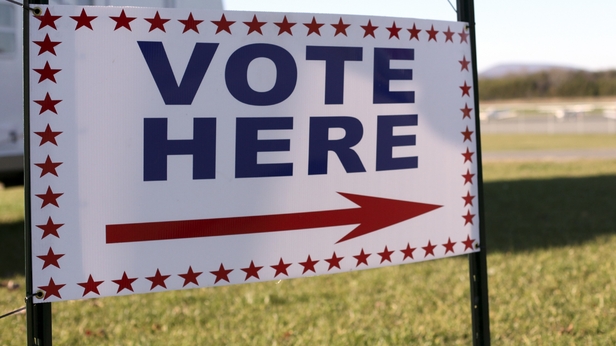
Do taxpayers care about property tax relief anymore?
Two districts pass mega-referendums, both more than $90 million
MacIver News Service | April 6, 2016
[Madison, Wis…] More than 50 school boards asked voters to approve 71 separate referendums in yesterday’s elections. Results today show that voters approved a overwhelming majority of those referendums.Of the 71 referendums, voters approved 55 of them, thereby giving school districts $630.6 million in new spending of the more than $853 million they asked for on Tuesday. Voters rejected only $222.6 million asked for in 16 referendums. That means school boards saw 77 percent of all referendums pass, a number keeping with recent trends. In 2014, for example, 79 percent of all referendums were approved by voters.

The most expensive referendum was approved in Superior for $92.5 million with 55 percent approving. Approximately $56 million of Superior’s referendum would be used to improve the high school. Another $27 million would be used to demolish and replace an elementary school.
Three referendums in Hudson were passed totaling $90.4 million with an average approval of 56 percent. $74 million will go towards high school additions, another $7.9 million will be used for middle school additions, and the remaining $8.2 million is for high school multi-use athletic facilities and renovating the high school’s auditorium.
Only two referendums over $100 million have ever been proposed in state history. Of those two, only one — a $127.5 million referendum in Racine’s 2014 election — has been approved.
Two referendums approved with an average of 55 percent will cost Mukwonago taxpayers $56.5 million. $49.5 million is for high school building improvements. $7 million will be used for the high school’s operational and maintenance expenses.
Voters in the Medford Area School District approved $4.1 million in two referendums, despite the MacIver Institute’s report that the district had spent Act 10 savings on raises for school employees and $5,000 on a Christmas party. The $975,000 for pool improvements was approved by 64 percent of voters. 54 percent of Medford voters also approved the other $3.2 million for facilities improvements.
Many school districts also asked that voters permanently allow the school district to exceed their state imposed revenue cap. Revenue caps were a property tax relief measure so that school districts would be limited in how much they could raise taxpayers’ property taxes. Of the 11 recurring referendums, 9 of them passed.
The two most expensive that passed were Boscobel and Iowa-Grant’s $1.8 million recurring referendum. Menomonee Falls defeated a $3.75 recurring referendum. With this trend of approving recurring referendums, the state legislature and governor will have little ability to keep property taxes down if voters insist on permanently eliminating the protections used to guard them against higher taxes.
Some districts had multiple referendums and approved some but not all of them.
By a margin of 56-44 percent, Menomonee Falls voters approved $32.7 million for various facility repairs and upgrades. A request by the school board to exceed the revenue cap every year by $3,750,000 failed 52-48 percent.
Boscobel did the opposite of Menomonee Falls voters, choosing to allow their district to exceed revenue limits by $1.8 million but rejecting borrowing $20 million for school building improvements.
The most expensive referendums that failed were in Grafton, which rejected both of its two referendums totaling $48.8 million. Referendum 1, totaling $47 million for various new building projects or upgrades to existing facilities, was rejected by voters 55-45. Intending to enhance outdoor physical education, athletic and community recreation areas and equipment acquisition, the $1,800,000 Referendum 2 failed on a slimmer 52-48 margin.
Mosinee rejected a referendum for $45 million and Peshtigo rejected a $34 million referendum.
Below you will find a list of the 16 referendums voters chose to reject.
